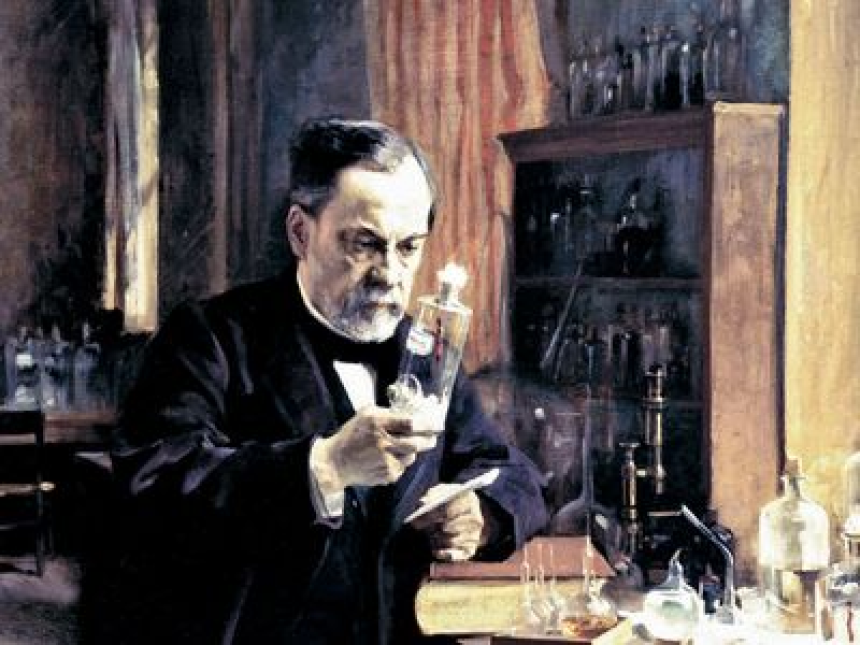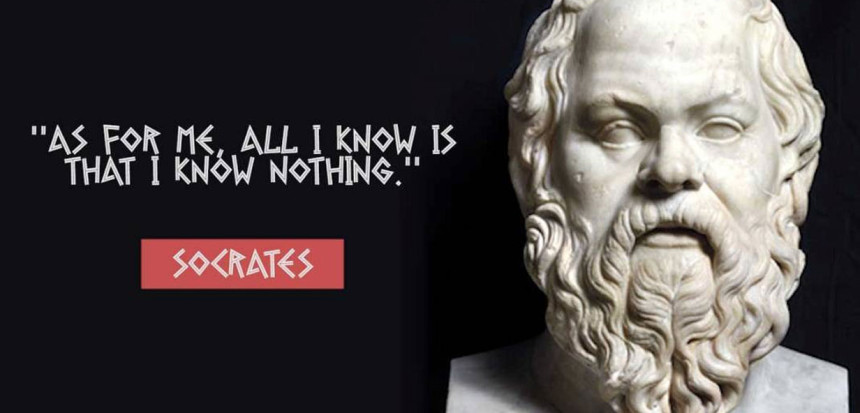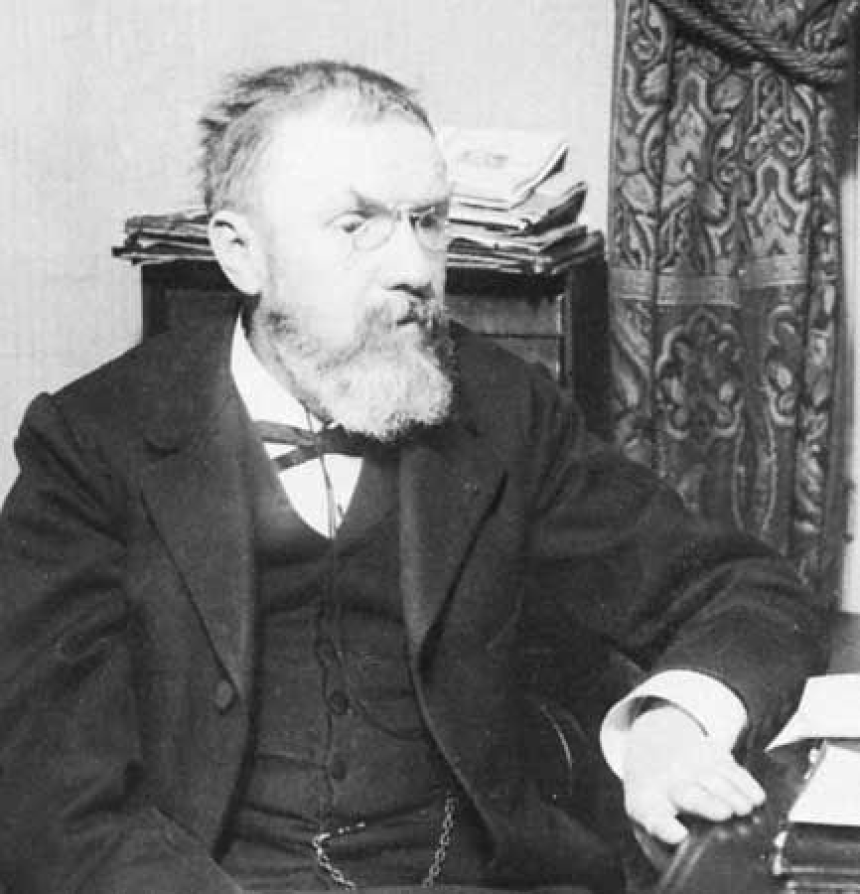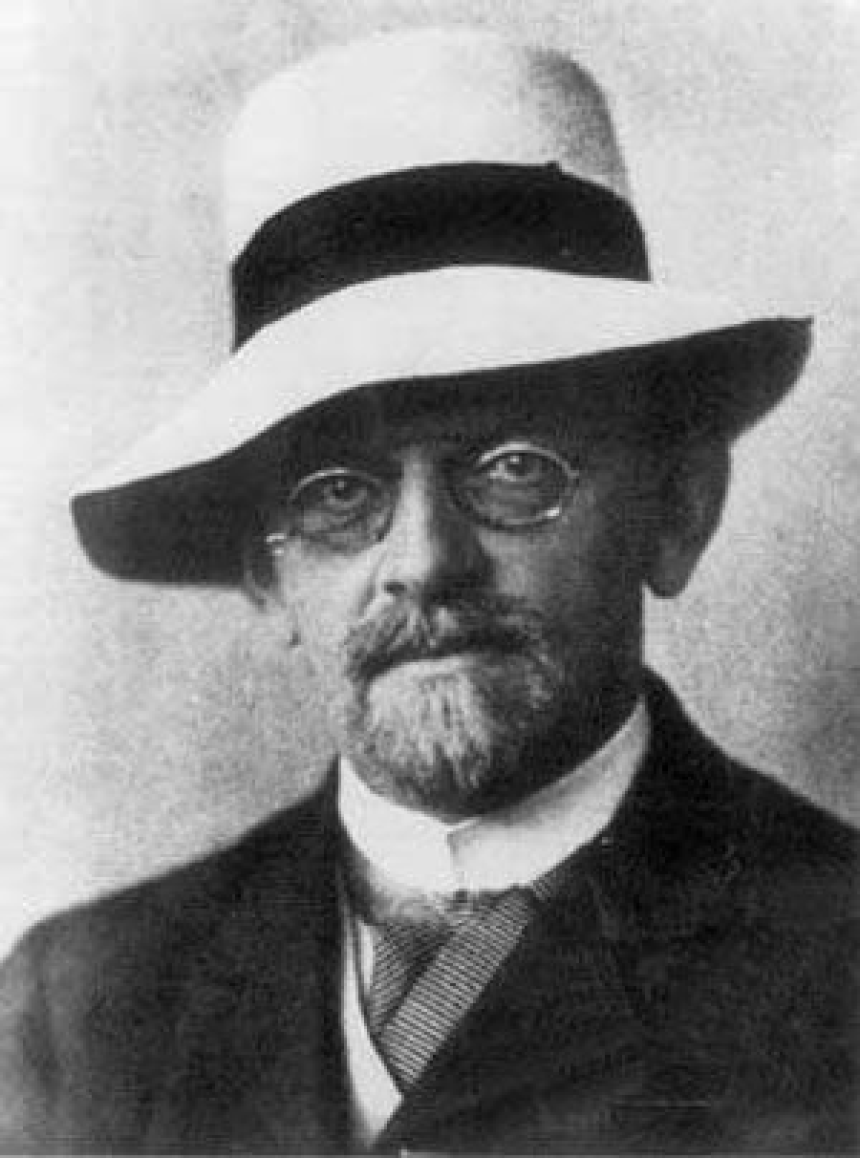
Martha Nussbaum
Martha Nussbaum: The Philosopher Transforming Education
Martha Nussbaum: The Philosopher Transforming EducationMartha Nussbaum, an eminent philosopher and professor, has played a pivotal role in revolutionizing the educational landscape with her groundbreaking ideas. Born on May 6, 1947, in New York City, Nussbaum is renowned for her work in the fields of ethics, philosophy of mind, and political philosophy.
Early Life and EducationNussbaum developed an early interest in classical studies and philosophy. From an early age, she was deeply influenced by the teachings of Socrates and Plato. She pursued her undergraduate studies at New York University, where she specialized in classical studies and graduated Phi Beta Kappa in 1969. Nussbaum then went on to study philosophy at Harvard University, where she earned her Ph.D. in 1975. Her doctoral thesis focused on emotions and ethics, which became a central theme in her later work.
Contributions to EducationMartha Nussbaum's contributions to education are diverse and far-reaching. She firmly believes that education should not only focus on the acquisition of knowledge but also on the development of essential skills and virtues. Nussbaum argues for a holistic approach to education, which includes cultivating critical thinking, empathy, and ethical reasoning.
One of Nussbaum's key ideas is the concept of "capabilities approach." According to this approach, education should aim to provide students with the necessary capabilities to lead a flourishing life. These capabilities include not only intellectual abilities but also emotional intelligence, social skills, and resilience. By emphasizing the development of these capabilities, Nussbaum advocates for a more comprehensive and inclusive education system.
Nussbaum also emphasizes the importance of cultivating a sense of global citizenship through education. She believes that students should be equipped with the knowledge and understanding of diverse cultures and perspectives to better navigate the complexities of our interconnected world. By promoting cultural empathy and understanding, Nussbaum argues that education can foster a more inclusive and harmonious society.
Influence on Educational PoliciesMartha Nussbaum's ideas have had a significant impact on educational policies around the world. Her groundbreaking work has influenced the development of curricula and teaching methodologies, particularly in the field of social and emotional learning.
The capabilities approach, advocated by Nussbaum, has been integrated into various educational frameworks, aiming to provide students with a comprehensive set of skills and capabilities. This approach has led to the inclusion of emotional intelligence training, empathy-building activities, and critical thinking exercises in classrooms.
Nussbaum's emphasis on global citizenship has also inspired educational policymakers to prioritize cross-cultural education and foster cultural sensitivity among students. Many schools now offer international exchange programs, multicultural curricula, and intercultural competence training, all aligned with Nussbaum's vision of a more inclusive education.
ConclusionMartha Nussbaum's pioneering work in the field of education has undoubtedly transformed the way we approach teaching and learning. By emphasizing the cultivation of essential skills and virtues, promoting global citizenship, and advocating for a comprehensive education system, Nussbaum has laid the foundation for a more inclusive and socially conscious educational landscape.
Frequently Asked Questions1. How has Martha Nussbaum contributed to philosophy?
Martha Nussbaum has made significant contributions to various areas of philosophy, including ethics, philosophy of mind, and political philosophy. She has developed influential theories and concepts, such as the capabilities approach, which have influenced not only philosophy but also education and public policy.
2. What is the capabilities approach?
The capabilities approach, developed by Martha Nussbaum, is a theoretical framework that focuses on providing individuals with the necessary capabilities to lead a flourishing life. These capabilities include a range of essential skills and virtues, such as critical thinking, emotional intelligence, and social awareness.
3. How has Nussbaum's work influenced education?
Martha Nussbaum's work has had a significant impact on education. Her emphasis on a holistic approach to education, which includes the development of intellectual and emotional capabilities, has influenced educational policies and curricula worldwide. Her ideas have also led to the integration of social and emotional learning in classrooms.
4. What is Nussbaum's view on global citizenship?
Nussbaum believes that education should foster a sense of global citizenship by promoting cultural understanding and empathy. She argues that students should be equipped with the knowledge and skills to navigate diverse cultural contexts, leading to a more inclusive and harmonious society.
5. How has Nussbaum's work influenced educational policies?
Nussbaum's ideas have influenced educational policies by advocating for a more comprehensive approach to education and the development of essential capabilities. This has led to the integration of social and emotional learning, cultural education, and global citizenship initiatives in educational frameworks and curricula.





